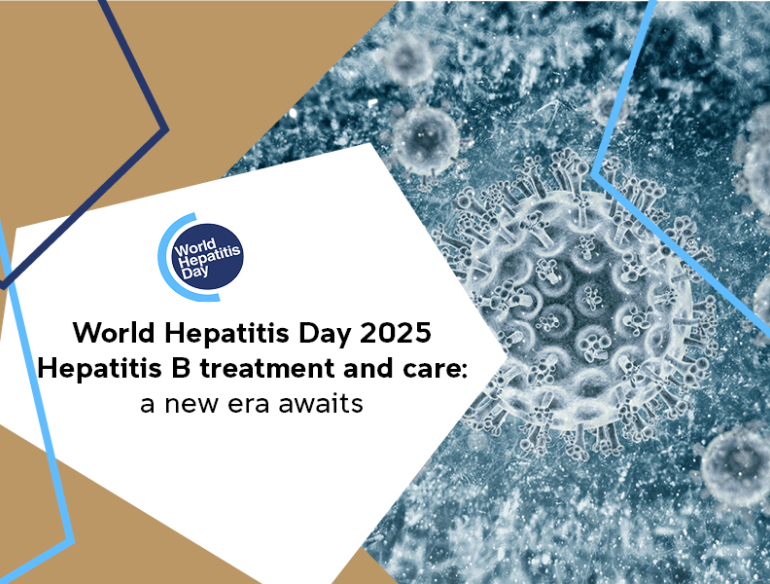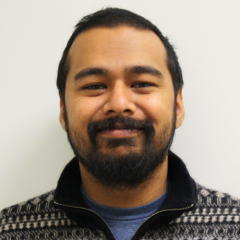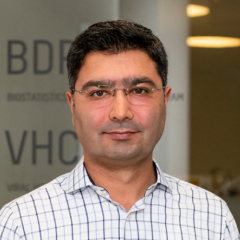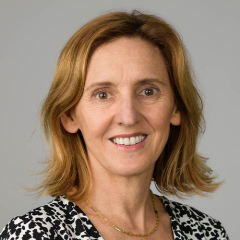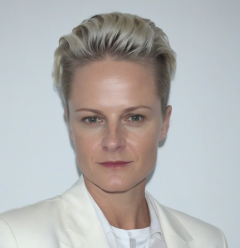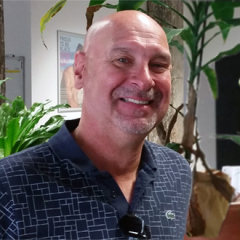In Australia, more than 200,000 people are living with chronic hepatitis B and many are unaware they have the virus. With only one in four people living with chronic hepatitis B receiving regular care, urgent national action is needed to meet Australia’s 2030 hepatitis B elimination targets.
The treatment landscape for hepatitis B is likely to change over the next several years, with the prospect of therapies that provide functional cure.
Existing antiviral therapy remains under-utilised and out of the small numbers of diagnosed people living with hepatitis B, many have not been linked to clinical care. A further area of consideration and hepatitis B strategy development is suitability of current criteria for PBS-provided treatment, with most diagnosed people not eligible.
This World Hepatitis Day, join us for a seminar that will cover epidemiological, clinical care, government, strategic, and community aspects of chronic hepatitis B in Australia, focused on enhancing progress towards Australia's goal of elimination of hepatitis B by 2030.
| Shane Tillakeratne Research Associate, Viral Hepatitis Clinical Research Program, Kirby Institute Shane is a PhD student in the Viral Hepatitis Clinical Research Program at the Kirby Institute, UNSW Sydney. His epidemiological research focuses on population-level analyses of hepatitis B- and C-related outcomes, utilising data linkage methodologies to inform public health interventions and support elimination strategies. | |
| Behzad Hajarizadeh Associate Professor, Viral Hepatitis Clinical Research Program, Kirby Institute Behzad is an Associate Professor, a clinical epidemiologist and an NHMRC Emerging Leader Fellow. His main area of expertise is clinical and public health research on viral hepatitis. | |
| Miriam Levy Staff Specialist, Gastroenterology and Liver, Liverpool Hospital Medical Staff Council Executive Miriam is a gastroenterologist and hepatologist employed at Liverpool Hospital for more than 20 years. Her clinical, research, and mentoring work has focused on improving viral hepatitis diagnosis and care—especially in pregnancy—and advancing early detection and treatment of liver cancer in South West Sydney. | |
| Bianca Prain Director, Public Health Programs, Centre for Population Health Bianca has over 26 years of experience in public health, health planning, hepatitis policy and programs, disaster response, and global health. Currently serving as Director of the Public Health Programs Unit at NSW Ministry of Health, Bianca is dedicated to advancing public health policies and initiatives across NSW. | |
| Steven Drew Chief Executive Officer, Hepatitis NSW Steven has held a number of senior appointments throughout his career. These include ten years as CEO of the Pharmaceutical Society of NSW and of the Pharmaceutical Society of Australia Limited (NSW Branch), working in the NSW Attorney’s General Department as Director of Crime Prevention, working with cabinet ministers and as a non-executive director on a number of Boards. Steven has been the CEO of Hepatitis NSW since 2019. | |
| Chair: Scientia Professor Greg Dore Program Head, Viral Hepatitis Clinical Research Program, Kirby Institute, UNSW Sydney; Infectious Diseases Physician, St Vincent’s Hospital, Sydney Prof Dore has been involved in viral hepatitis and HIV epidemiological and clinical research, clinical care and public health policy for 20 years. He has developed extensive national and international collaborations, and is internationally recognised in the areas of hepatitis C virus (HCV) natural history and epidemiology, therapeutic strategies for acute and chronic HCV infection, particularly among people who inject drugs, and HCV elimination strategies. |
Opinions expressed by individuals at this event are solely of those of the individual/s and do not necessarily represent the views or opinions of the Kirby Institute or UNSW.
